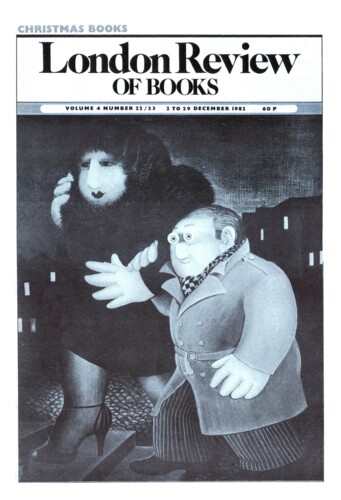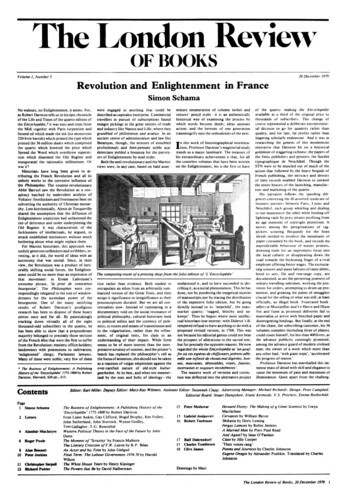Howard Walter Florey was a great man and nomistake. He devoted the more important partof his professional life to a single wholly admirable purpose which he pursued until he achieved it, showing, in spite of many setbacks and rebuffs, the magnanimity that is the minimal entry qualification for being considered ‘great’. In a memorialaddress, Patrick Blackett likened Florey’s achievement to that of Jenner, Pasteur and Lister: but the public were so little aware of him that when Macfarlane first approached publishers with the notion of a biography, they wondered if he would not do better to write on Alexander Fleming instead. This, Macfarlane surmises, was because the public had already cast Fleming as the hero of the great penicillin story: he was a closer approximation than Howard Florey to the public’s stereotype of a great scientist, for, although a great scientist, Florey was the kind of man who would have been a success at anything he had chosen to turn his hand to. Macfarlane thinks the comparison of Florey with Jenner, Pasteur and Lister is specially aptbecause ‘the work of these three men forms a logical sequence with his own that spans, in the course of about 150 years, the gulf between almost totaltherapeutic helplessness and the virtual defeat of most of the important bacterialdiseases.’ Whatever the general public may have thought about him, Florey stood unsurpassably high in the estimation of his colleagues – that which meansmost to a scientist – and in due course they elected him head of their profession in England as President of the Royal Society.
Howard Walter Florey was a great man and nomistake. He devoted the more important partof his professional life to a single wholly admirable purpose which he pursued until he achieved it, showing,...


